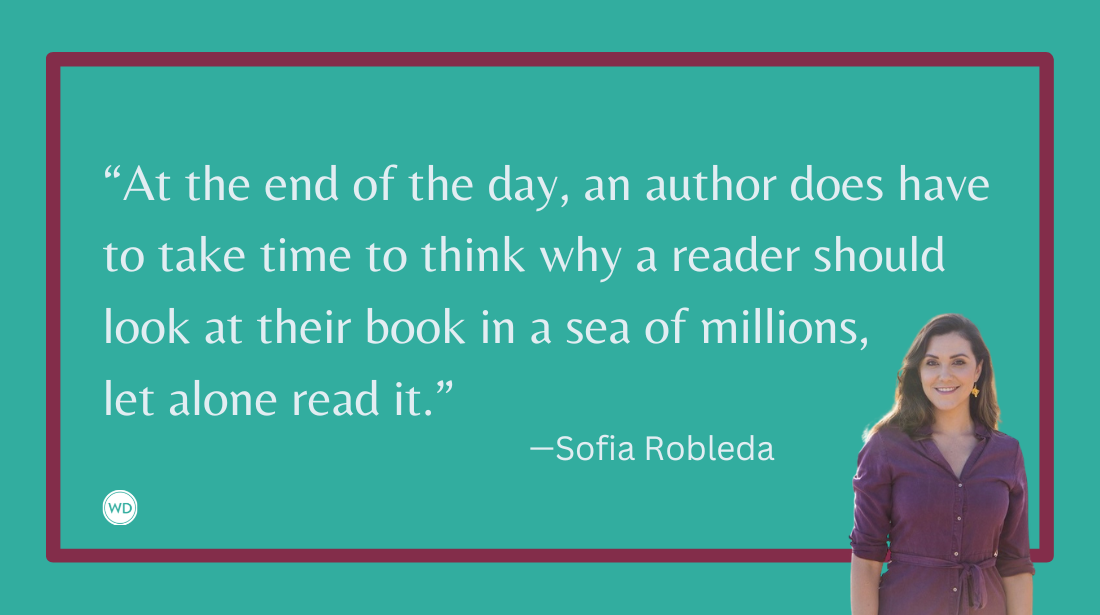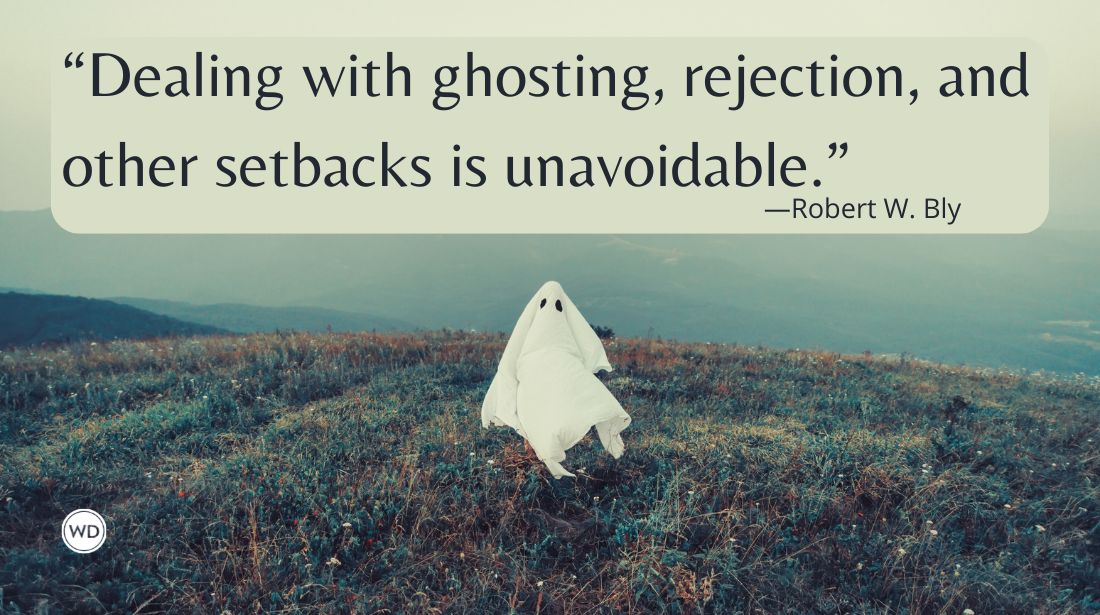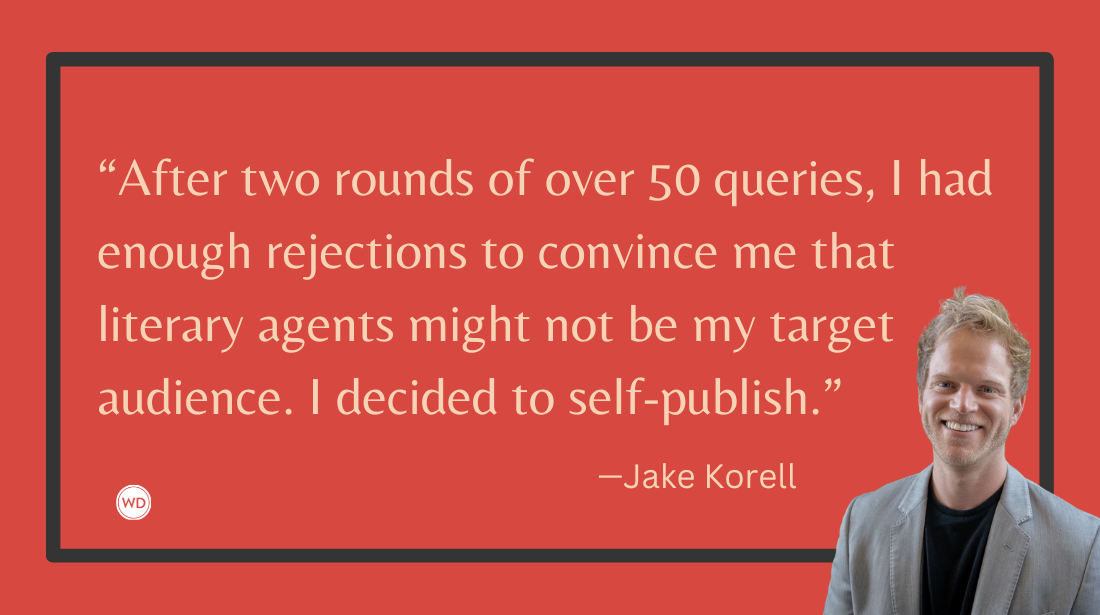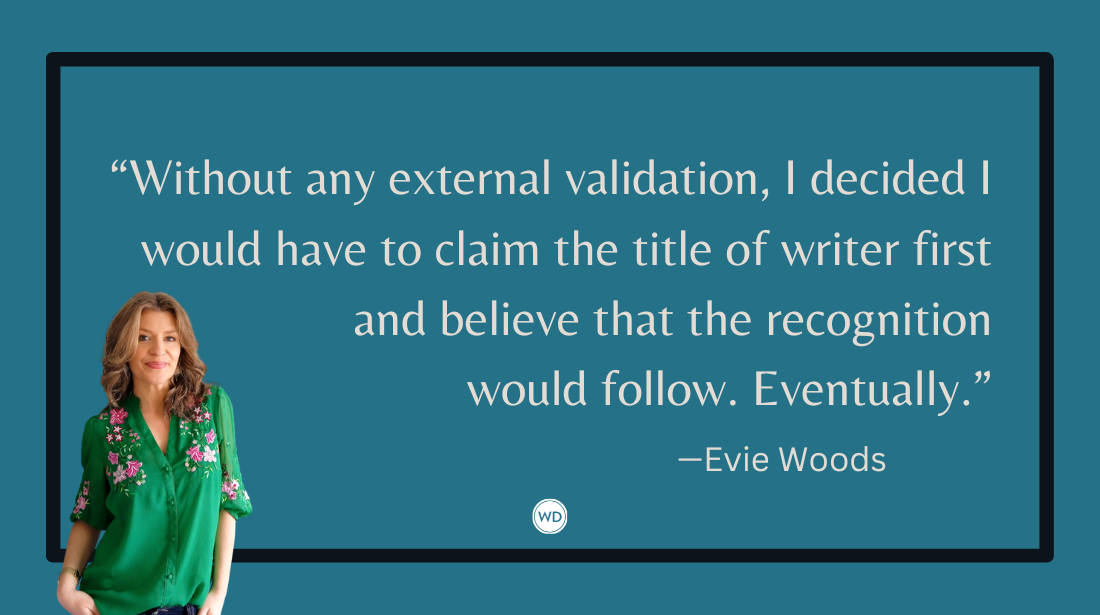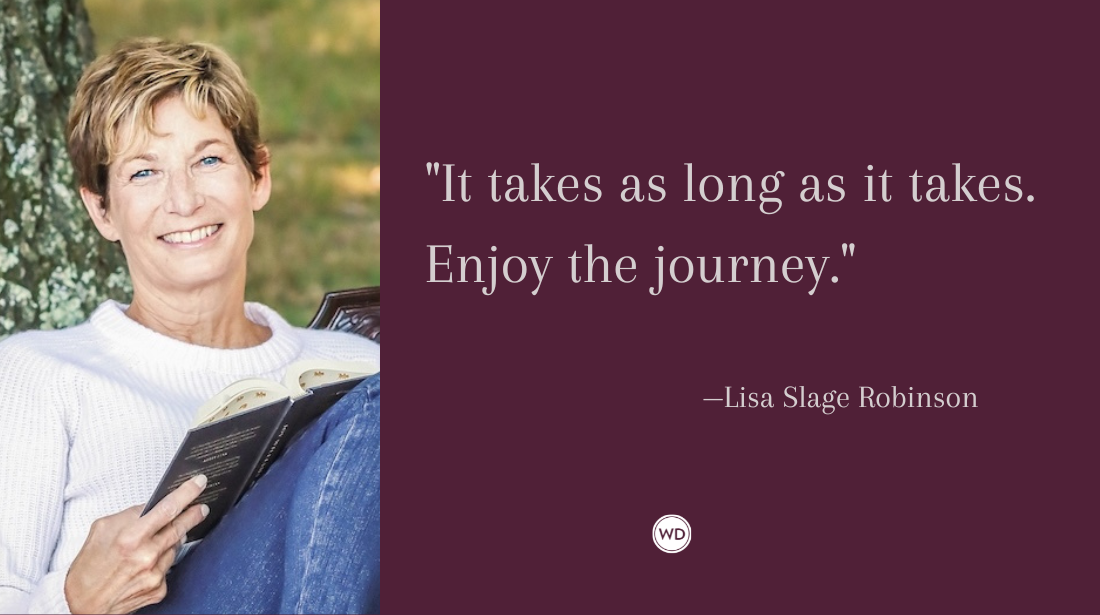12 Podcasting Dos and Don’ts for Writers
Seasoned podcast producer and sound designer Jaimi Ryan shares 12 dos and don’ts of podcasting for writers.
A podcast can be the perfect companion project to your writing. It’s part storytelling, part conversation, and fosters connection. Without a plan, though, even the best ideas can fall flat in audio form. These quick dos and don’ts will help you create episodes that sound great, stay on track, and keep your audience hooked.
6 Podcasting Dos for Writers
Have an Outline:
You don’t need to have a script but you do need to have a clear structure and episode arc. If you have a guest, an outline will help you lead the conversation so that the guest can relax into their experience without being concerned about the interview sounding awkward or feeling like they have to lead.
Once you get into a conversational flow during recording, it’s very easy to accidentally record a 2+ hour episode that most listeners won't finish, and maybe won’t even start after seeing the length. Pace yourself when recording. Having time markers in the outline and a stopwatch with you during recording is a good idea. That way you know how long you want to spend on each section, and can move things along when needed.
Stick to Your Niche:
It’s important to keep your podcast focused on one topic or a couple of topics that fall under one umbrella. For example, if you want to podcast your novels, creating different podcasts for different pieces of writing rather than releasing all of your work under one podcast name and feed can help with searchability and listener retention. Chances are slim that the audience for all of your work will be the same, and it can alienate listeners if you stray too far from what they expect from your show week to week. You can build out several podcasts over time that are interrelated and promote each other, but have separate titles and feeds for maximum searchability and listener loyalty.
Record With Wired Headphones:
Recording with headphones is the most crucial if you have a guest who is joining via phone or video chat. The guest’s voice needs to come through your headphones, NOT your computer speakers. If the guest is coming through your speakers, they will also be picked up by your microphone creating an echo that can’t be removed in post. If you don’t have a guest, it’s still a good idea to record with headphones, as this will allow you to hear your mic feed while recording and stop to adjust if you hear anything that sounds off.
Given the choice of wired or Bluetooth headphones, wired is always a superior choice. Bluetooth can sometimes unexpectedly override the computer’s mic settings in the middle of a recording, meaning your podcast audio is suddenly being recorded by your headphone microphone instead of your podcast microphone, resulting in tinny and irregular audio. Additionally, Bluetooth headphones run on a battery, are subject to interference, and can cause confusing tech problems.
Interact With Listeners:
Think of it as nurturing the relationship between your podcast and the listeners. Social media is probably the best way to promote and share episodes, answer listener questions and gain valuable feedback. You can also read listener emails on your podcast if they relate well to your episode, and let that listener know they’ll be featured in the episode to increase the chances they’ll share it with friends. You can also use social media to gauge audience interest in certain topics by posting polls asking listeners which episode subjects they are most interested in hearing about.
Listen Back, Critique, and Edit:
When listening back to edit, keep an ear out for overly long pauses, double digressions (an aside that leads to another aside), and any places where the energy dips. You want to win over new listeners who might not have as much patience for your content as you do, so keeping the pace tight while still allowing for a natural conversational feel is the sweet spot. Asking a few trusted friends and colleagues to listen and give constructively critical notes can help open your eyes to the way other people experience your podcast and editing style.
Batch Record:
Batch recording is when you record multiple episodes at once. This saves setup and breakdown time, helps reduce studio fees if you record in a rented space, and allows you to look at a handful of episodes at once to see how they fit together or how larger themes play out across episodes. The trick is having a handful of outlines prepped in advance.
Recording a bank of many episodes that are evergreen, meaning they aren’t especially related to current events and can be relevant at any time, is a great way to create a backlog of material and take the pressure off of last-minute recording and editing. Current event and time specific content (related to news, micro cultural moments, holidays, etc.) can be great for building listenership and getting boosted in social media algorithms that favor global trends. If you’ve got a backlog of evergreen episodes, then you can focus on creating those time-sensitive episodes when needed without being bogged down by other work.
6 Don’ts of Podcasting for Writers
Don’t Hack the Episodes Apart:
Over-editing can make an episode feel oddly disjointed, like it's skipping around unnaturally or missing the emotional beats of a real conversation. It’s almost always better to leave the conversation in the order it was recorded in rather than re-structuring, and keeping in a little human texture helps build a relationship with your audience.
Aim to edit with a light touch. Remove distractions like loud background noises, long tangents, non-additive pauses and sections that don’t serve the episode’s focus, but let the conversation breathe.
Don’t Skip Release Dates:
The quickest way for a listener to forget about your podcast is releasing episodes irregularly. You might hook a listener with the first three episodes, but if they have to wait four weeks for the next one, chances are they’ve moved on and are spending their listening time on something else. Batch recording is immensely helpful when it comes to sticking to a release schedule.
Don’t Pursue Broad, General Topics
It might be tempting to create episodes about sweeping themes like “creativity” or “storytelling,” but general topics tend to attract general disinterest. The more specific and focused your topic, the more likely you are to connect with a specific audience, and that’s exactly what you want.
Instead of “Let’s talk about the writing process,” try “How I outline my second draft to fix pacing problems” or “What stream of consciousness writing taught me about editing.” That kind of specificity helps your episode show up in search results, makes it easier to promote, and gives audiences a concrete reason to listen.
Don’t Be Afraid to Go Off-Script
Even with an outline or a script, allow room to follow tangents (especially if they’re related to the topic), react naturally, and let your personality shine through. Listeners are tuning in for your voice, not just your content. Some of the best moments on a podcast are often unplanned: Sharing a spontaneous story, cracking a joke or reacting genuinely to a guest. You can always trim or tighten the edit if a tangent goes too long, but letting your humanity show makes the podcast more engaging.
Don’t Post or Send Rebuttals to Negative Feedback
Follow up graciously when listeners inevitably correct you over email or in the comments. Posting or emailing a rebuttal will never help. Maybe you misquoted something, used a problematic term without realizing it, or forgot to credit someone’s work. Thank the listener for letting you know, and express that you’ll be correcting your error going forward. Acknowledging feedback with humility and openness builds trust. Responding negatively (even when the critique seems a little over the top) can have a devastating effect on your listenership.
If you receive negative comments or emails about something you can’t change, like the sound of your voice, which is an extremely common complaint female and lgbtq+ podcasters receive, just ignore it. If you’re being authentic, you’re doing it right. No one needs to change the way they naturally speak.
Don’t Get Too Isolated
Writing can be a solitary pursuit, and podcasting can fall into the same trap, but it doesn’t have to be that way. Think of podcasting as an opportunity to build community, collaborate, and open up your creative process. Recording with a friend or colleague, even occasionally, can bring new energy into your episodes and your writing. It helps with chemistry, keeps the tone conversational, and allows for spontaneous insights you might not reach alone.
Even if you prefer to record solo, don’t isolate yourself entirely. Reach out to other podcasters, join forums or writer communities with a podcasting channel, or invite guests from your network. Treat your podcast as a bridge, not just a broadcast. That connection can be creatively energizing and a reminder that even in the quiet work of writing, you’re not alone.
Jaimi Ryan is a seasoned Podcast Producer and Sound Designer with a background in music production. After pivoting from music to podcasting in 2017, she has had a wide range of podcasting experiences including podcast creation, remote recording, audio restoration, post production, content editing and hosting. Her credits include Unlocking Us and Dare to Lead with Brene Brown, Call Her Daddy, Anything Goes with Emma Chamberlain, and other Spotify Original and Exclusives as well as several independent podcasts. When she’s not producing audio, Jaimi enjoys block printing, sculpting and exploring her home city of Atlanta.





